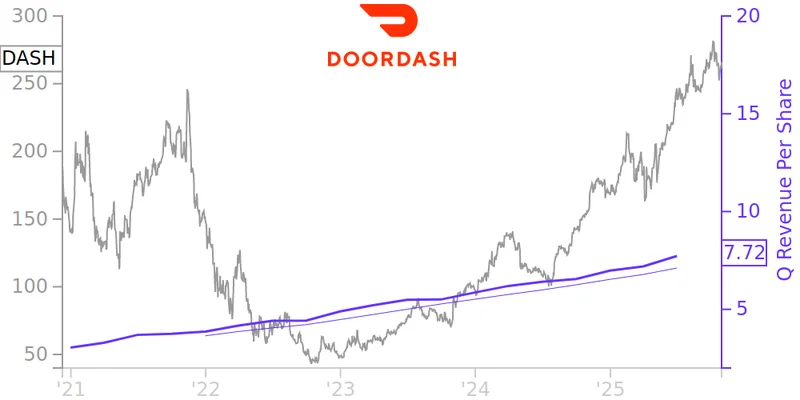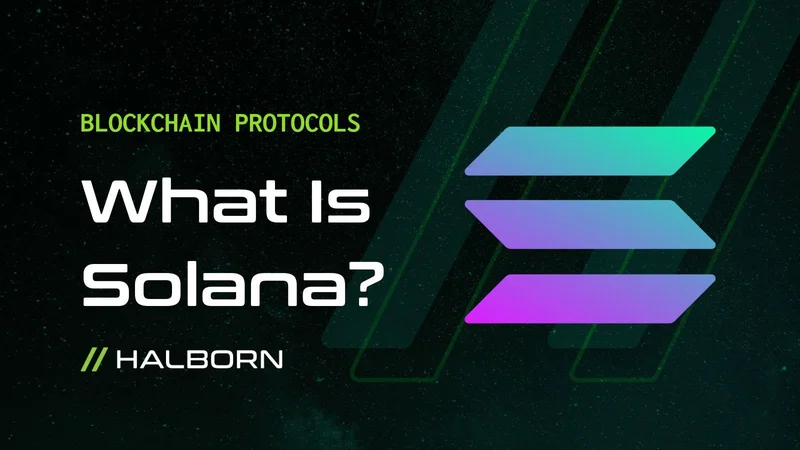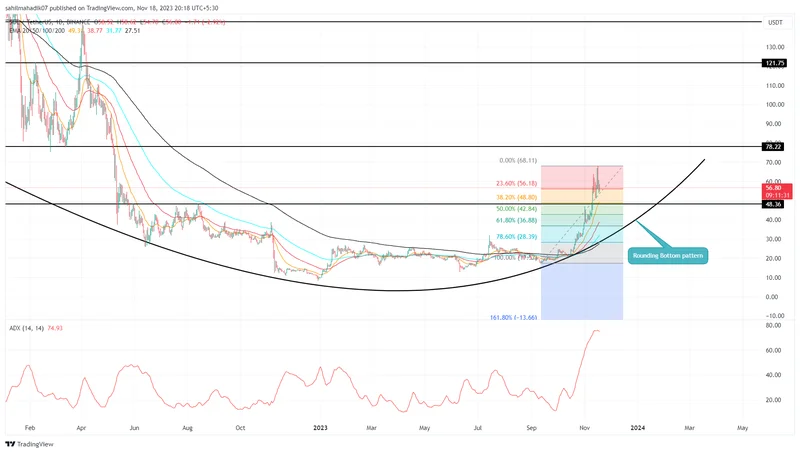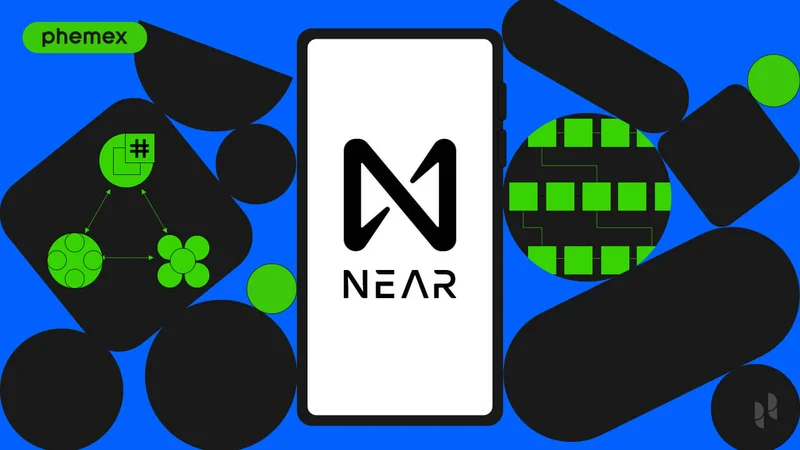Beldex: Your Identity & Access Layer in the Confidential Web – Seriously?
Beldex's BNS: Another "Decentralized" Dream or a Real Privacy Revolution?
Okay, Beldex Name Service (BNS), huh? Another week, another "revolutionary" crypto project promising to fix everything wrong with the internet. Give me a break.
The "Secure" Identity Mirage
So, they're selling this BNS as a "decentralized, autonomous, user-owned naming and identity protocol." Right. We've heard it all before. "Decentralized" usually translates to "slightly less centralized, but still controlled by someone, somewhere." It’s like saying your cat is “wild” because it swatted at a fly once.
The pitch is that BNS turns those godawful crypto wallet addresses – you know, the ones that look like a toddler smashed their face into a keyboard – into something human-readable, like "yourname.bdx." Fine. Slightly less annoying, I guess. But does that actually solve anything?
They say it's a "digital passport" for dApps and will integrate with cross-chain applications. Which, let's be real, probably means it'll be just as clunky and user-unfriendly as everything else in the crypto space. User experience? Still an afterthought, offcourse.
And the big selling point? Privacy, naturally. They claim BNS gives you a "secure, distinct, and sovereign digital identity." Okay, Beldex, let's not get ahead of ourselves. We're talking about crypto here, not some magical privacy shield. How secure is it, really? Has it been audited? By whom? Are there any known vulnerabilities? The press release doesn't exactly scream transparency, does it? You can read more about the identity and access layer in BNS – Your Identity & Access Layer in the Confidential Web - Hackernoon.
Burning BDX for...What Exactly?
Here's where it gets interesting, or at least, predictably crypto-y. Buying and renewing these BNS domains requires BDX, the Beldex cryptocurrency. And the fees are burned. Poof. Gone.

The idea, of course, is to create "ongoing token demand" and promote "value growth" for $BDX. It's the same old story: pump up the token, enrich the insiders, and leave the average user holding the bag. I mean, isn’t that how it usually goes?
They're framing this as a positive feedback loop, like it's some kind of perpetual motion machine for crypto riches. But let's be real, it's just another way to incentivize people to buy and hold a token with questionable real-world utility.
I mean, sure, BNS could be useful. If people actually use it. If the Beldex network takes off. If it doesn't get hacked. If...if...if. The list goes on.
The Web2 Boogeyman
They also point out that Web2 identity is "fragmented and exploited for profit." Well, duh. That's not exactly breaking news. But is BNS really the answer? Are we seriously supposed to believe that a crypto-based naming system is going to solve all the problems of online identity?
It sounds good on paper, I guess. But I can't help but feel like it's more of the same old crypto hype. Another "solution" in search of a problem. Another attempt to create a closed ecosystem within the already confusing world of blockchain.
Then again, maybe I'm just being too cynical. Maybe BNS really will revolutionize digital identity. Maybe it will give users more control over their data and privacy. Maybe... nah. I don't buy it.
Another Day, Another Crypto Pipe Dream
Look, I'm not saying BNS is a complete scam. It might even have some legitimate uses. But let's be real: it's just another drop in the ocean of crypto projects promising the moon and delivering...well, usually not much. Until I see real-world adoption and tangible benefits, I'm calling BS.
Related Articles
DoorDash Stock Drop: What Happened and What We Know
Dr. Aris Thorne: NBCUniversal's Cookie Notice and the Looming AI Revolution Okay, folks, buckle up b...
Solana's Bull Party is Over: What Happened?
Okay, so Solana crapped the bed yesterday. Broke below some "upward trendline" from April, and now e...
The Aster DEX Breakthrough: What It Is and Why It’s a Glimpse Into DeFi’s Future
A number gets thrown around in technology that is so large it almost loses its meaning: a trillion....
PI: Dabo Swinney's Outrage
When Football and AI Collide: A Numbers Game The world of college football witnessed a stunning upse...
Solana Price Drop: What's Behind It All?
Solana's Dip? Nah, It's Wall Street Loading Up the Rocket Fuel! Okay, folks, let's talk Solana. I kn...
NEAR Protocol's Price Prediction: Will it Rally, or is This Another Pump and Dump?
Alright, let's cut the crap. Another day, another crypto project claiming to be the "future," this t...





